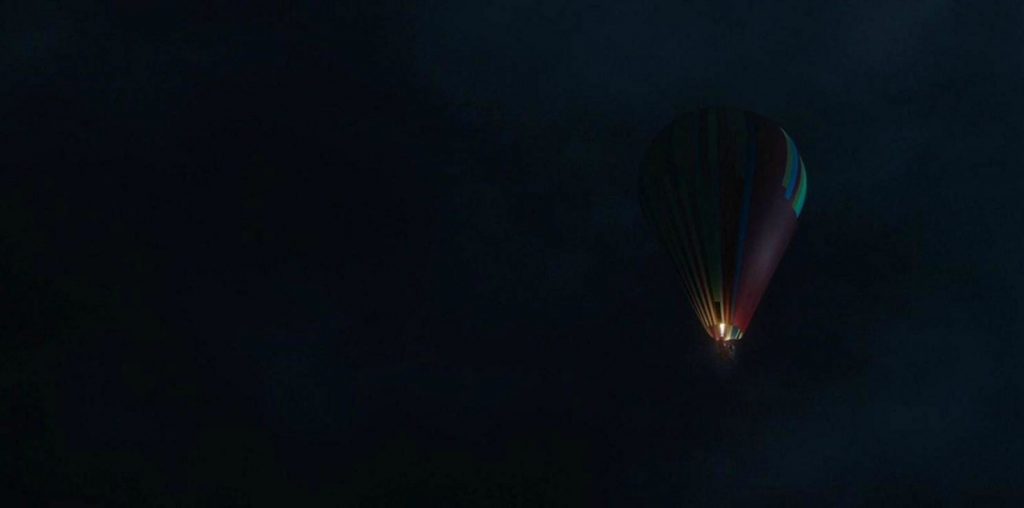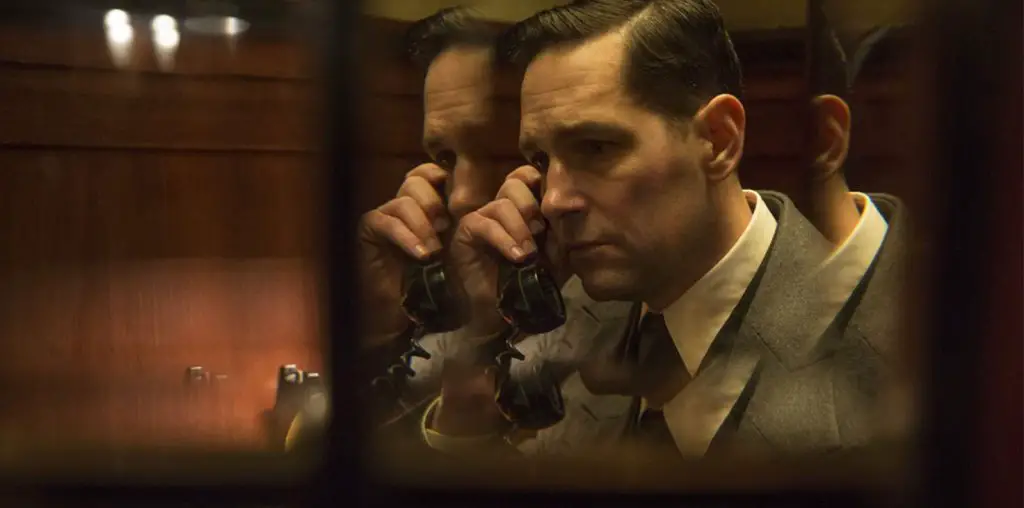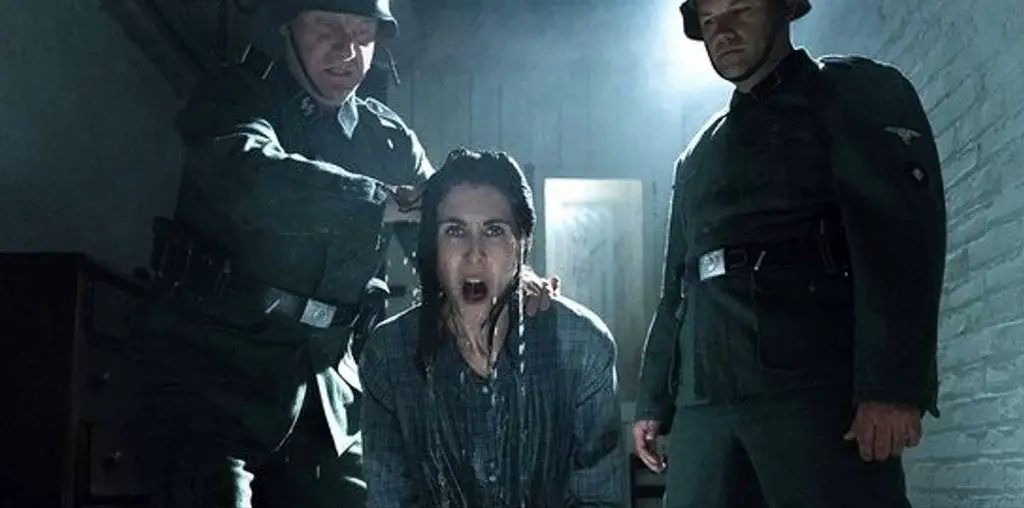
An innocent is plucked from his bucolic home in 1937 Austria and placed ringside to watch history play out while befriending one of the greatest minds of the 20th century in the film The Tobacconist. Based on Robert Seethaler’s internationally bestselling novel and adapted for the screen by Klaus Richter and Nikolaus Leytner, the movie starts as a disarming coming of age story. Through Leytner’s deft direction and juggling of tones, the historical fiction, though hitting a few typical traps, offers a rewarding tale of growth.
In order to help make ends meet, 17-year-old Franz (Simon Morzé) is sent to Vienna to work at a tobacco shop run by family friend Otto (Johannes Krisch). Upon arrival, Otto shows him the shop and the room in the back that Franz can call home. Soon enough, regular customer Sigmund Freud (Bruno Ganz) strolls in, and the young lad befriends him. In his off time, Franz meets young bohemian Anezka (Emma Drogunova) at a town square. He is smitten. Between his new love and job, it would seem Franz’s life is going great. But, he is haunted by wild nightmares crawling with symbolism, and he decides to ask his newly minted acquaintance, Mr. Freud, what it all means. As this drama plays out, the slow creep of nationalism and Nazi control seeps into Vienna.
Yes, a lot is going on here, but rarely does any of it fall into the predictable schmaltz one expects to find. The romance between Franz and Anezka has sudden left turns, and dead ends just as anything in life does. Most importantly, the relationship between Franz and Freud is handled with genuine sincerity. What could have easily become the centerpiece to a crummy sex comedy romp is, instead, used as the kind-hearted anchor for a story of a changing world.
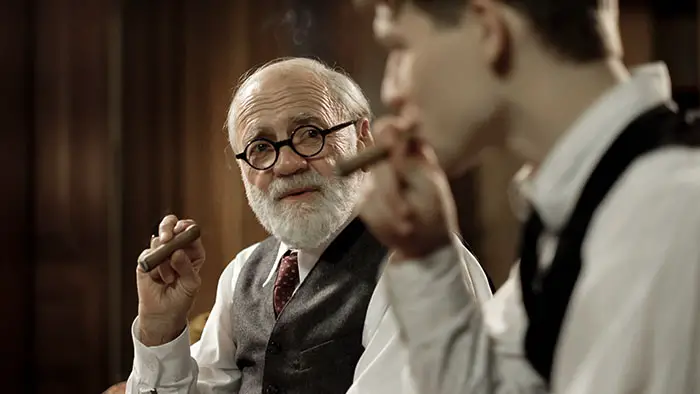
“…regular customer Sigmund Freud strolls in, and the young lad befriends him.”
The performances all around are solid, with the three leads all shining with Morzé’s transition from impish child to a man of conviction being a standout. Ganz plays Freud with a simple, unassuming demeanor. Krisch plays surrogate father, Otto, with a gruff understanding of what it was to be a young man without the nauseating moments of cheesy understanding.
Shot in a wide 2.35:1 aspect ratio by Hermann Dunzendorfer, the audience is given the chance to soak in the lavish production from Bertram Reiter that captures both the beauty of northern Austria and the cold grittiness of 1938 Vienna as Germany invades.
Guiding the excellent performances, the refined production, and the nuances is co-writer and director Leytner. In lesser hands, this might have just become another story of how change is unavoidable and why Nazis are evil. Instead, cliché is mostly abandoned, and we are given a tale rich with humanity. I honestly could have done without Franz’s daydreams of fantasy and grandeur seconds before the reality plays out, but that is honestly not so much a bad move as a repetitive one. The Tobacconist was a surprisingly hopeful movie about a very dark time.
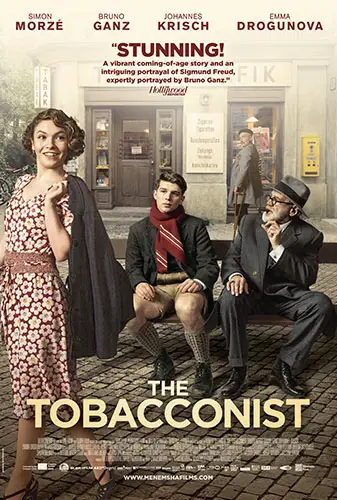
"…a surprisingly hopeful movie about a very dark time."
